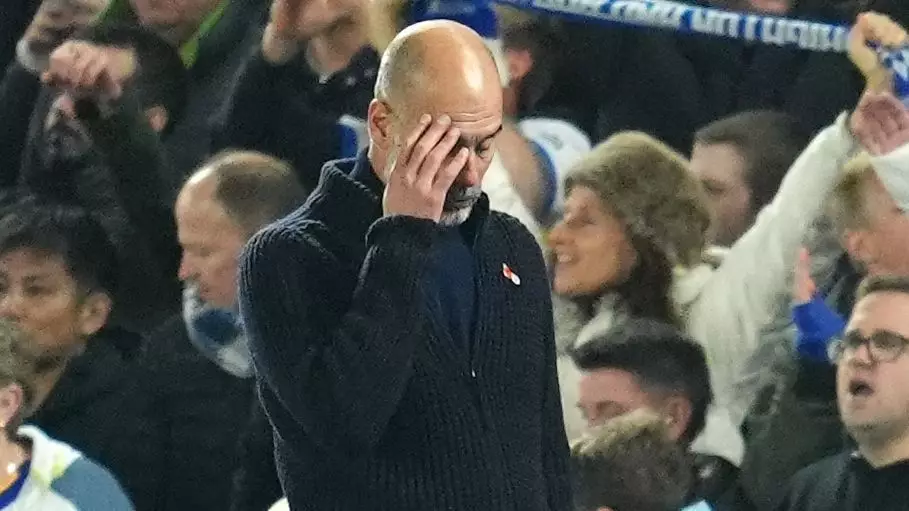Despite being hailed as one of the finest managers in football history, Pep Guardiola currently finds himself in an alarming crisis with Manchester City. The recent loss to Brighton, marking the team’s fourth consecutive defeat, has raised significant concerns about the direction of the club and Guardiola’s future. This article delves into the implications of these losses, the management’s challenges, and the potential repercussions for City as they navigate this turbulent phase.
Guardiola’s current predicament is particularly striking considering the club’s celebrated transformation since he took over. The timeline of Manchester City’s ascendancy to the upper echelons of English football began with his arrival, leading to an era defined by unparalleled success in the Premier League. Until this recent setback, Guardiola had never experienced a losing streak of this magnitude, with the last time City faced a similar string of defeats dating back to 2006—prior to the Abu Dhabi investment that reshaped the club. This context amplifies the magnitude of the current crisis, as it not only disrupts the present but poses questions about the foundation of success built over the past several years.
One cannot overlook the critical factor of injuries that has plagued City. The absence of key players, such as Rodri, who is sidelined for the season due to an ACL tear, coupled with other defensive stalwarts being unavailable, has significantly weakened the team. Guardiola’s famed tactical flexibility relies heavily on his squad depth and cohesion, both of which are currently compromised. The unavailability of vital contributors like Kevin De Bruyne, whose return from injury has not revitalized the team’s performance, illustrates the challenges the manager faces. This inconsistency raises concerns about whether the team can maintain its usual standards amid adversity.
In his customary manner, Guardiola has acknowledged the shortcomings but managed to retain an air of resilience. His statements reflect an understanding of the challenges while also revealing a hint of frustration. By emphasizing the need for a fully fit squad, Guardiola highlights the pressing demands of the season—a relentless schedule that leaves little room for recovery. His candid admissions that the team cannot perform at its best three games a week under the current circumstances show both a realistic appraisal of the situation and a lingering hope for improved conditions.
The pressure is not solely on Guardiola; the players must shoulder their share of responsibility for the recent downturn. Captain Kyle Walker’s comments underscore the urgency for a collective resurgence in performance. Acknowledging the need for a unified approach, he emphasizes that the onus is on the players to fight for the pride and history of Manchester City. Such sentiments resonate deeply within football culture, where the burden of expectation weighs heavily on key figures, especially during challenging times. This incident serves as a stark reminder that every member of the squad must rise to the occasion to navigate the shifting tides of fortune.
Looking forward, the questions surrounding Manchester City’s season are multifaceted. Can Guardiola rally his team to overcome this adverse phase? Will the return of injured players provide the much-needed Boost? And perhaps most critically, how will the results of this string of defeats shape the rest of the campaign? History paints a picture of resilience in Guardiola’s teams; however, the current reality is laden with uncertainty.
While Guardiola’s illustrious past as a manager suggests that this slump will not define him or Manchester City, the complexities of league football dictate that a solution must be found swiftly. As the team seeks to arrest this downward spiral, both Guardiola and the players must unite in their efforts to reclaim their status as one of Europe’s elite teams. The stakes are high—not just for this season, but for the legacy that Guardiola and his team aspire to leave behind.

